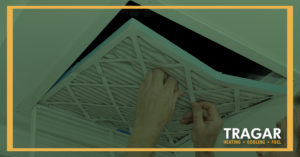 As we approach the tail-end of summer, we may still be using the air conditioning in our homes fairly regularly throughout the day. While it keeps us and our homes cool, many of us are likely keeping in mind how much this could affect our electric bill. That’s not the only side effect of using air conditioning, however.
As we approach the tail-end of summer, we may still be using the air conditioning in our homes fairly regularly throughout the day. While it keeps us and our homes cool, many of us are likely keeping in mind how much this could affect our electric bill. That’s not the only side effect of using air conditioning, however.
This year had been a rough one for people suffering from allergies. Coughing, sneezing, and congestion can make being anywhere uncomfortable – including at home. It might not just be allergy season (or even allergies) that can be causing this though. It’s possible that it’s related to the air quality in your home.
So, how do we know if the air in our homes is affecting us negatively and what can we do to change that?
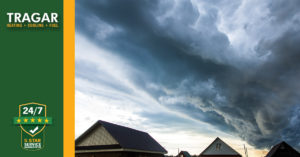 According to the
According to the 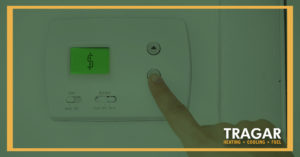 Skyrocketing energy prices combined with an
Skyrocketing energy prices combined with an  Long Island summers can get really hot! It may not get quite as hot as a handful of parts of the country… but depending on the direction your house faces and the kind of doorknob you have, you likely have already had mornings or afternoons where you can’t have your hand on that knob for too long. Luckily, many of us have at least some
Long Island summers can get really hot! It may not get quite as hot as a handful of parts of the country… but depending on the direction your house faces and the kind of doorknob you have, you likely have already had mornings or afternoons where you can’t have your hand on that knob for too long. Luckily, many of us have at least some 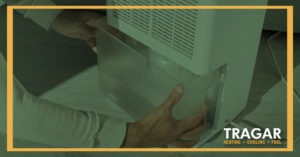 While you can’t do anything for the oppressive heat and humidity that exists outside during this time of year, you do have options when it comes to controlling the space inside your home.
While you can’t do anything for the oppressive heat and humidity that exists outside during this time of year, you do have options when it comes to controlling the space inside your home.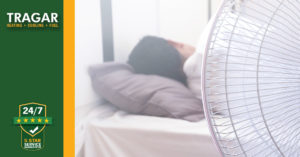 It’s that magical time of the year here on Long Island where after we experience a couple of weeks or so of spring weather that we’re hurtled into full-blown summer heat. We’re figuring out how much longer we can keep the windows or the back door open before we have to take out the fans, turn on the air conditioning, or lower your central air unit.
It’s that magical time of the year here on Long Island where after we experience a couple of weeks or so of spring weather that we’re hurtled into full-blown summer heat. We’re figuring out how much longer we can keep the windows or the back door open before we have to take out the fans, turn on the air conditioning, or lower your central air unit. 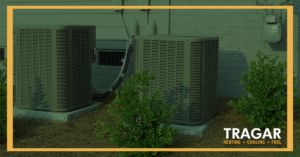 A difficult decision that homeowners are often faced with is whether it would be worth the money to add an AC system to their home or – if the home already has one – if it would be wiser to keep patching up an HVAC system… or replace it with a
A difficult decision that homeowners are often faced with is whether it would be worth the money to add an AC system to their home or – if the home already has one – if it would be wiser to keep patching up an HVAC system… or replace it with a 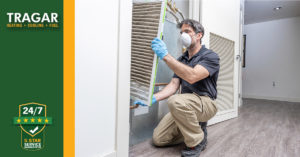 Between the tail end of flu season,
Between the tail end of flu season,  Many of us will have to deal with allergies in our lives, and if not us personally, someone in our household likely will. That’s because
Many of us will have to deal with allergies in our lives, and if not us personally, someone in our household likely will. That’s because  Asthma is a chronic illness of our lungs that affects many of us. In fact, asthma affects
Asthma is a chronic illness of our lungs that affects many of us. In fact, asthma affects 